Key Updates and Continued Focus Areas
On June 17, the Metro Council adopted the FY2026 operating budget following weeks of deliberation and public engagement. The approved $3.8 billion spending plan, sponsored as a substitute by Budget and Finance Chair Delishia Porterfield, closely mirrors the mayor’s original proposal, with modest additions targeting community health, employee compensation, and youth services.
The budget maintains the proposed property tax rate, resulting in an average increase of 26% for homeowners. While the plan preserves departmental funding and avoids major cuts, it also reinforces the ongoing need for sustained investment in Nashville’s core priorities—particularly affordable housing, infrastructure, and workforce development.
Affordable Housing
The FY2026 budget includes $100,000 to explore public-private partnership models to expand Nashville’s affordable housing tools. This reflects growing recognition that creative, multi-sector collaboration will be essential to addressing the city’s housing challenges. As the region continues to grow, the Chamber will remain engaged in supporting solutions that increase housing supply and improve affordability for working families and residents across income levels.
Infrastructure
While the operating budget does not directly address large-scale infrastructure projects, continued population growth and increasing strain on transportation, utilities, and digital systems make long-term infrastructure planning a top priority. The Chamber encourages forward-looking coordination among Metro, state, and federal partners to ensure Nashville’s infrastructure keeps pace with business and residential needs.
Workforce Development
This year’s budget supports several workforce-related initiatives, including funding for the Music City Construction Careers program, youth programming through the Nashville After Zone Alliance, and services for youth involved in the justice system. These investments build on efforts to ensure more residents have access to training and employment opportunities. Moving forward, greater alignment between Metro’s workforce priorities and the region’s high-demand job sectors will be key to meeting employer needs and expanding economic opportunity.
Additional budget highlights include:
- A 2% cost-of-living adjustment for Metro employees (including a 1% increase added in the substitute budget)
- New funding to expand maternal health services and food access
- Modest allocations supporting cultural programs, translation services, and reentry programming
- Continued support for Metro Nashville Public Schools, with a 13% increase over the previous year’s budget
The Nashville Area Chamber of Commerce appreciates the work of Metro officials in navigating a complex budget year and maintaining essential services. We will continue to engage on behalf of the business community as conversations around long-term capital needs, housing affordability, and workforce preparedness evolve. These issues will remain central to ensuring the region’s continued economic strength and livability.
For more information on all things advocacy, subscribe to our Policy Newsletter: https://www.nashvillechamber.com/enews/


